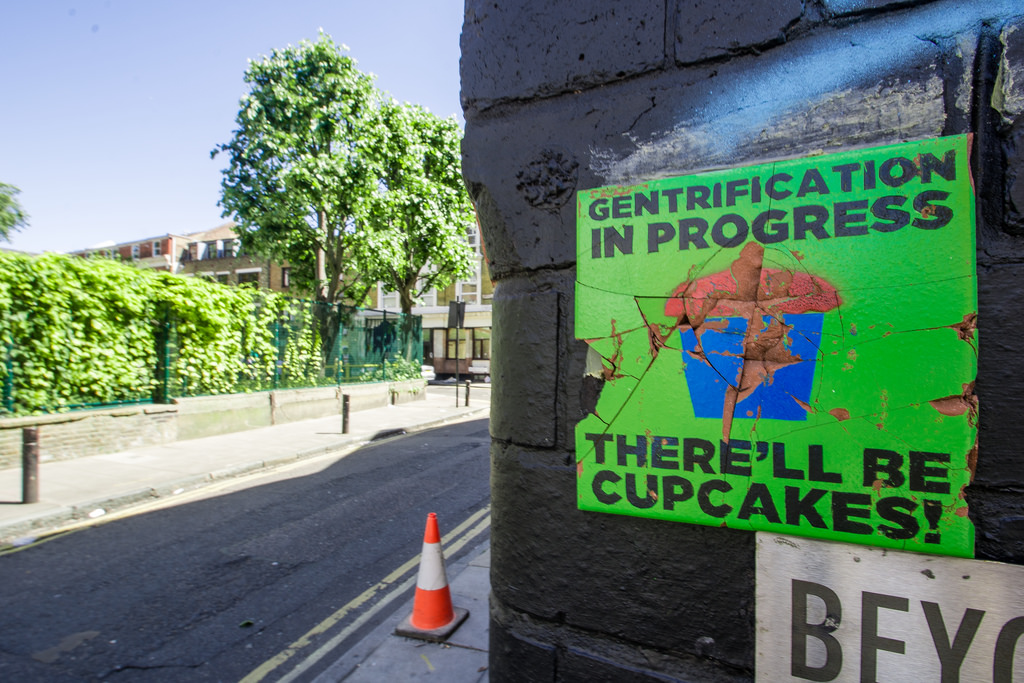
As Drexel once again makes a concerted effort to expand pieces of the campus, pushing ever northward (and westward), it is useful to not only look at the direct causes of such undertakings like Summit, but also analyse the indirect impact on the surrounding area. The keyword to this new form of urban sprawl is, of course, gentrification, a word that inspires many different feelings in many different people. For some it is a beacon of light that they will soon be able to live safely and peacefully in a neighborhood where they are but a few blocks from all of the trendy stores. For others though, the long-time residents of this historic area, the new buildings and interest herald a more foreboding future.
Those that have kept faithful to this city for countless years despite economic turmoil and hardship see this new wave of gentrification as a driving force in the city; one that seems intent to drive them out. This population, which is majorly African American, sees the neighborhoods devolving into new condos that go to the highest bidder, not the traditional type of residents that have lived there for years. Historical areas that have existed as a melting pot for culture and heritage for so long seem to be overpowered by a concentration of wealthy, upper class individuals that are more content to view themselves as above the people who have poured their souls into the very stones over which others so imperiously tread. The city of brotherly love seems to be aptly named as all the newcomers come from the same family of people. It is impossible not to notice trends and for some, it is impossible not to resent them.
On the flip side, some of the innovations have benefitted everyone as more businesses move in to cater to the new crowd, bringing jobs and money back into the city. For too long the city has suffered from decreases in tax revenue, plunging it into a cycle of cutbacks in areas that are vital to long term sustainability. Hopefully with the rise in population and revenue, Philadelphia can give support to education, something that has been underfunded in past years. The infrastructure will have to be developed as the increased masses push it to the breaking point. More people will demand a better environment with a voice that has historically had an easier time being heard than many of the others that have cried for the same change.
Drexel has definitely participated in some gentrification and has been a leader in some areas. It seems that no matter the time period, Drexel is putting up a new building or renovating an old one to keep with the times. Businesses move in from all over to sit in the shadow of Summit and do a brisk trade to all the students and people flowing through the area. At the same time, housing programs for faculty and dependents push back the boundaries of the old communities, forcing the ingrained culture of the areas to be whittled away. Drexel should look to blend with the community and cultural identity, not destroy it in an attempt to reign supreme.
Culture is beautifully fluid. The introduction of new people should be welcomed with open arms as new worlds collide and something wonderful is formed. The attitudes of both parties should reflect an understanding and respect rather than remain aloof. It does not matter whether or not you have been there years or if they are just now moving to an established neighborhood, both should understand that the here and now is the most important and that they are in this together. Everyone is part of the same community, it would do them some good to realize it.


